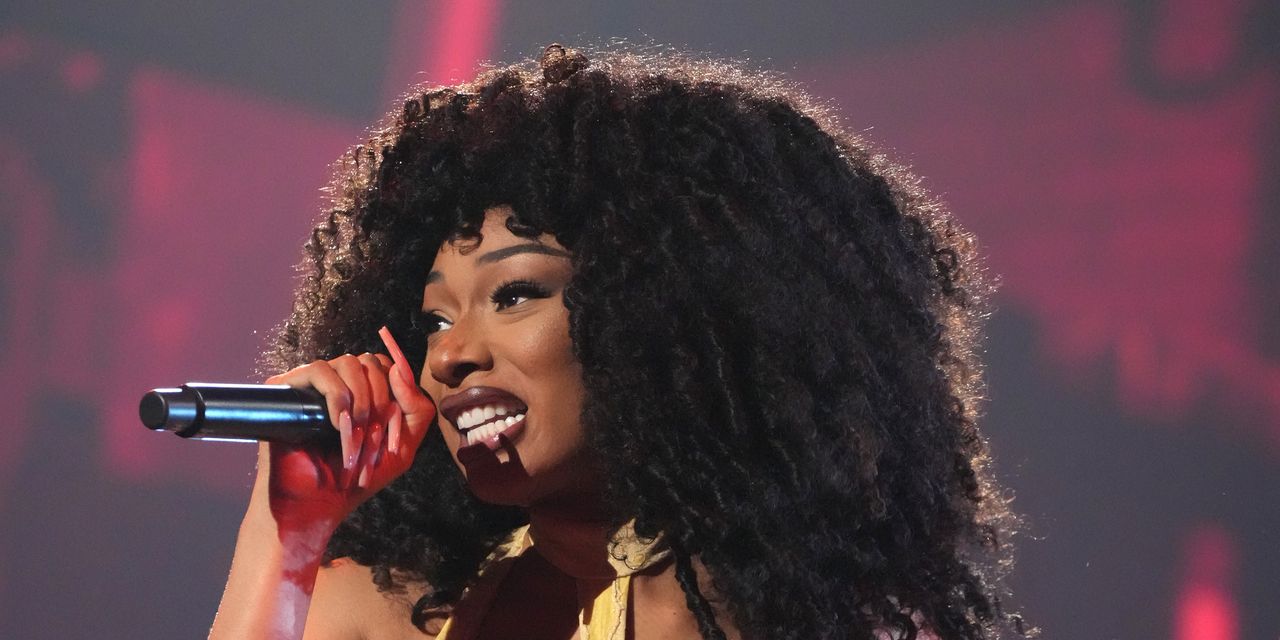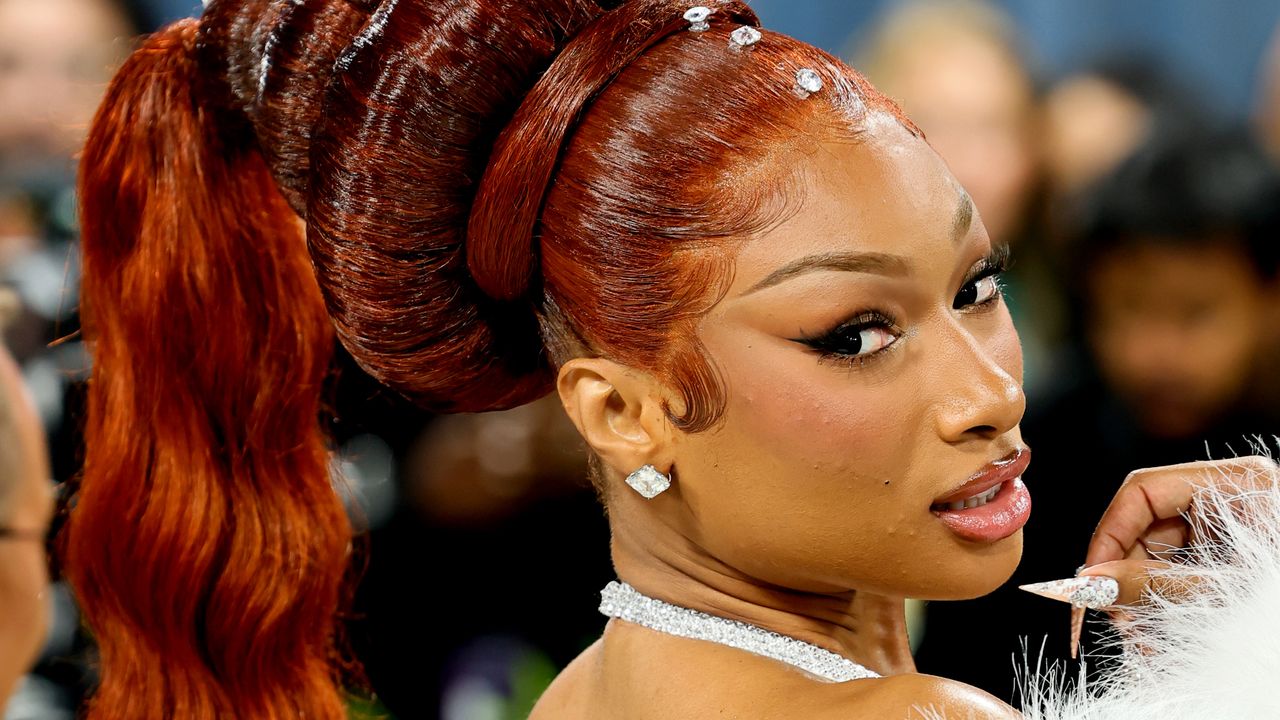Blog
Megan Stalter Is the Main Character

Stalter likens the tone of the new show to a “subverted rom-com”: Heartbreak, butterflies, flirting, a tiny canine sidekick—all the essentials are there. But so are the jagged edges that made Girls, Dunham’s beloved 2012 HBO series, so refreshing, which include crippling jealousy, female rage, and unbridled honesty about bodily functions. (In a moment that could be straight out of Hannah Horvath’s journal, Jessica laments, “I don’t know if I’m getting, like, 50 UTIs a year or it’s, like, one long UTI.”)
If Too Much has even an iota of the cultural impact Girls had, Stalter’s stock is about to skyrocket even more. And this lunch—celebratory shrimp and all—is the calm before the storm.
***
If their work is any indication, many comedians aren’t exactly known for having uneventful childhoods. Stalter’s, by contrast, sounds almost too normal. She was born in Cleveland, which, she tells me, is “more fun” than Dayton, Ohio, where she grew up. Her parents divorced, and she’s the oldest of four kids, though she says her “eldest daughter” tendencies begin and end within the household. “When I’m with them, I’m definitely, like, bossy mother,” she says. “But I don’t think I’m bossy or controlling in my regular life.”
Her love for performing started early. In fact, she doesn’t remember a time she didn’t want to perform. “I always was desperate to be on the stage,” she says. “We had these poetry contests where you would pick a poem and perform it, and it would be the highlight of my year.”
In high school, Stalter says she had a difficult time making friends—that is, until she found her place in the drama club. “When I was there, I wasn’t the nerdy, shy person. I was the funny, wild person,” she says. She didn’t get the lead roles, but it didn’t really matter: “I still was the queen of drama club.”
The Stalters were religious; she grew up Pentecostal and in high school became active in a nondenominational church, which she calls a “really intense spiritual experience.”
Stalter, who is bisexual, says she never felt any judgment from the community, although she wasn’t aware of other LGBTQ+ people in the church. “I didn’t know, at the time, that I was gay,” she says. “I thought I was straight—because I’m bi—and so I just didn’t even think about it.”
She later did a mission trip to Peru and still calls herself a “God girl,” which she acknowledges is an “interesting combo” given her sexuality. “I don’t ever feel judged by God,” she tells me.
After high school Stalter took a detour to community college, studying teaching and nursing. Her heart wasn’t in it, though, and she had trouble as a student. Performing was still in the back of her mind, and she started taking improv classes. “I wasn’t good at it,” she says. “I would be the one that would come out in the scene and kill everyone.”
Luke Gilford
She kept at it, and in her early 20s moved to Chicago to pursue comedy seriously, taking classes at improv institutions such as Second City and iO. She ended up living there for eight years, juggling nannying with her burgeoning career.
It was during that time that her sexuality came into even sharper focus. “When I started dating in a real way, I quickly realized, Okay, I’m into women,” she says. “It feels more like I can connect with them in a different way that’s more natural to me.” (In case you’re curious, yes, she has a girlfriend though chooses not to get into details about her. Still, she offers a glowing—if succinct—rave: “I always love to say that I love her and that she’s a perfect angel.”)












